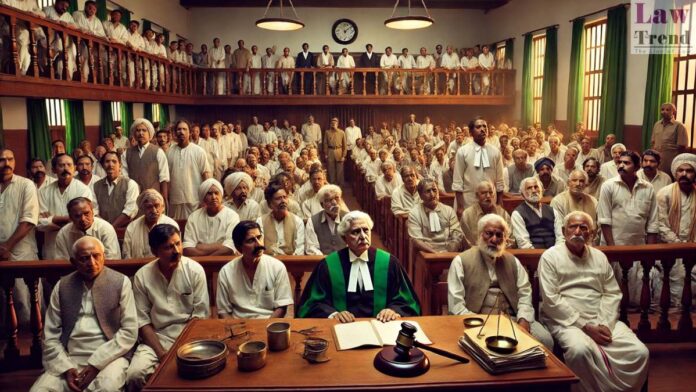The Supreme Court of India, while upholding the conviction of a former Inspector of Central Excise in a 22-year-old bribery case, has reduced her sentence to the period already undergone, citing mitigating factors including her advanced age and the “mental incarceration” caused by protracted legal proceedings. A bench of Justices N.V. Anjaria and Atul S.
To Read More Please Subscribe to VIP Membership for Unlimited Access to All the Articles, Download Available Copies of Judgments/Order, Acess to Central/State Bare Acts, Advertisement Free Content, Access to More than 4000 Legal Drafts( Readymade Editable Formats of Suits, Petitions, Writs, Legal Notices, Divorce Petitions, 138 Notices, Bail Applications etc.) in Hindi and English.




